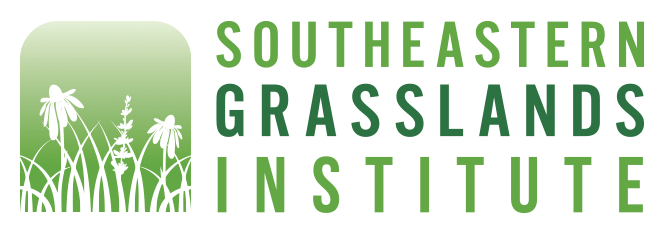Piedmont Prairie Partnership
A land of rapid change
The Piedmont is home to one of the fastest-growing urban megaregions in the country, stretching from Raleigh-Durham, Charlotte, Greenville, to Atlanta and into Birmingham, AL. Historically, much of the Piedmont was covered in grasslands and open tree savannas maintained by frequent fire and grazing by bison and elk. Now, after decades of fire suppression and rapid population growth, most of the Piedmont has either been converted to agriculture or subdivisions, or has grown into dense mixed forests. While the rapidly growing population of the Piedmont can be a challenge, it also can be a huge opportunity. The desire of so many new residents to reconnect with nature and history is creating the coalition of passionate people needed to protect and restore prairies throughout the Piedmont.
Find a Piedmont Prairie
We’re just getting started adding publicly accessible prairies to the map. Here’s what we have so far
How you can help
Go Native! Talk to your local botanical garden about sources for native plants to use in your yard
Encourage your city, county, and local land trusts to create Piedmont Prairies on their lands
Ask your power company and department of transportation to manage existing native prairies and plant new prairies in powerline corridors and on roadsides
Who we are
The Piedmont Prairie Partnership is a group of non-profit, state, and federal agencies working to bring back Piedmont Prairies. Organizations include the North Carolina Botanical Garden, Southeastern Grasslands Institute, Ellerbe Creek Watershed Association, South Carolina Department of Natural Resources, State Botanical Garden of Georgia, Atlanta Botanical Garden, U.S. Forest Service, and U.S. Fish and Wildlife Service. We are also tightly linked to major conservation partnerships including: the Southeastern Grasslands Institute, Southeast Conservation Adaptation Strategy, and South Atlantic Landscape Conservation Cooperative.
We work to preserve, restore, and promote native prairies. We do this through developing a shared strategy for focusing conservation efforts, taking an ecoregional approach to seed and plant production, creating communication materials, and using traditional ecological knowledge to document and share peoples’ historic uses of and relationships with prairie plants and animals.
Current projects
Developing resources for private landowners
Mapping Piedmont Prairies
Evaluating areas for Bison reintroduction
Surveying the public to assess understanding of Piedmont Prairie issues
Creating a traveling educational exhibit on Piedmont Prairies
Developing and promoting short videos on the history, current status, and ongoing conservation work for Piedmont Prairies (first videos released: Feb 2020)
Resources
Watch the longer version of the Piedmont Prairie video (11min).
Read a report on mapping Piedmont Prairies in North Carolina. This report looks at the influence of soils, human-associated habitats (roadsides, rights-of-way, etc), and landscape position on the occurrence of rare Piedmont Prairie plants
See examples of Piedmont grassland communities in the Piedmont Grasslands Gallery
Learn more
Read about the latest progress in the Piedmont Prairie Blog
To learn more about the partnership, contact Rua Mordecai (919-707-0122, rua@southatlanticlcc.org)
